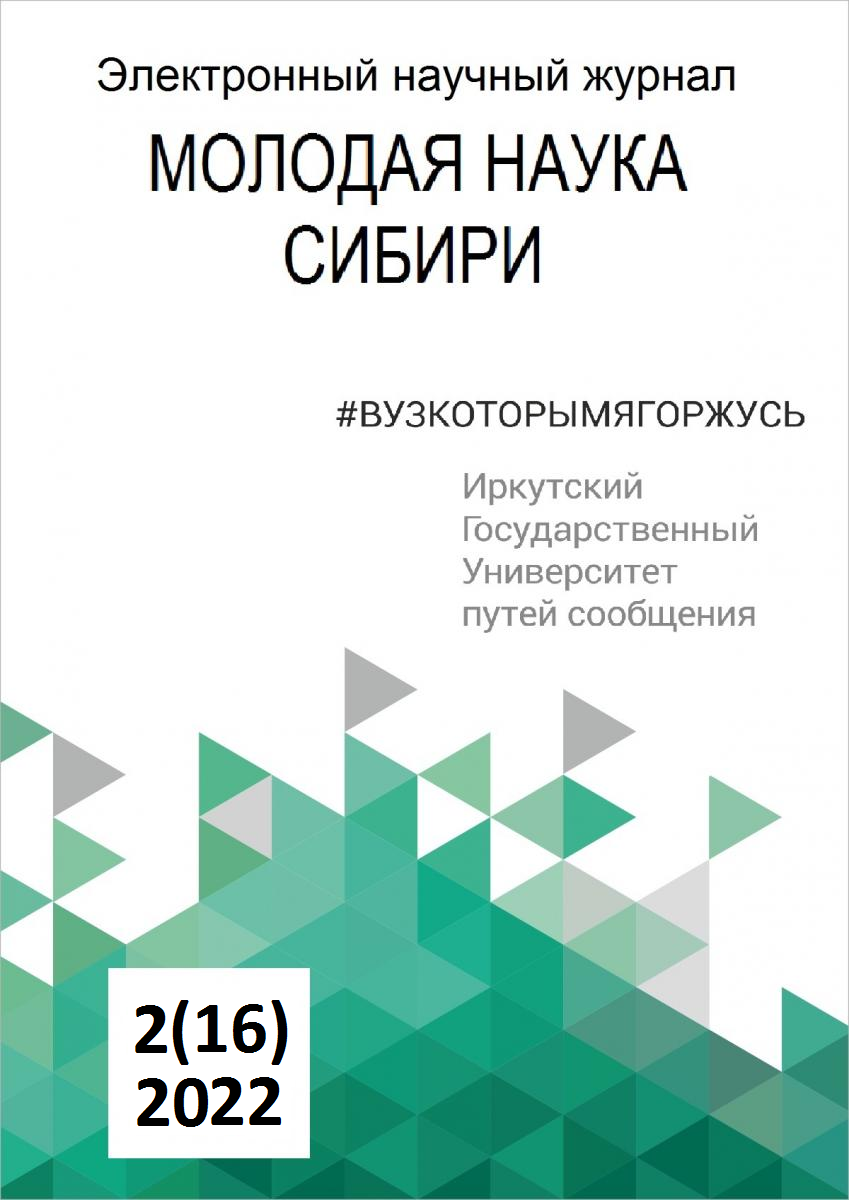INCREASING EDUCATIONAL MOTIVATION BY MEANS OF FORMATIVE ASSESSMENT IN FOREIGN LANGUAGE CLASSES
Keywords:
formative assessment, educational motivation, collaborative environment, studentsAbstract
The study of foreign languages in the modern world is not only of great social importance for international cooperation, but it is also a sign of modern civilization, a way of forming a new personality, more adapted to rapidly changing living conditions. The requirements for the content and conditions of studying and teaching foreign languages are also changing, and the responsibility of all participants in educational relations for the quality of achieving the planned results is increasing. The GEF sets new benchmarks in achieving these results. A foreign language is currently considered not only as a means of communication with representatives of other cultures, but also as a tool for cognition, obtaining information, expanding the knowledge fund in other fields. An important result of studying foreign languages should be the awareness of graduates of the close connection between the mastery of foreign languages and their own personal, social and professional growth. In this article, an attempt is made to present the possibilities of formative assessment in increasing the educational motivation of students of a professional educational organization as a way to achieve educational results and as a joint educational activity. The author presents the characteristics of modern technologies and techniques of formative assessment used in practice, and argues for the relevance of the use of pedagogical means of formative assessment. Focuses on the main features of students that influence the choice of formative assessment techniques and the nature of their use. The author also indicates the relationship between the collaborative environment and formative assessment. A collaborative environment develops mutual understanding and helps to evaluate other students who are inside the learning process and, at the same time, to see themselves from the outside. In this understanding of interaction, the joint assessment activity of students can be considered a formative assessment, since it is integrated into educational activities and, at the same time, is aimed at evaluating the individual achievements of each student. At the end of the article, the author draws conclusions about the relevance of the use of the described technologies and techniques of formative assessment in the classroom.
References
Гущина Т. Н. Социально-педагогическое сопровождение формирования социальной компетентности обучающегося: технологический аспект. Ярославский педагогический вестник. 2020. № 5 (116). С. 8-16.
Давыдов В.В. Учебная деятельность: состояние и проблемы исследования // Вопросы психологии. 1991. №3. С.156.
Джи Д.П. Деятельность человека и социальные группы как естественная среда оценивания: размышления об учении и оценке в XXI в.; пер. с англ. Н. Микшиной // Вопросы образования. 2013. №1. С.73-106.
Использование формирующего оценивания в учебном процессе: методические рекомендации / О.В. Тихомирова, Н.В. Бородкина; под общ. Ред. А.В. Золоторевой. Ярославль: ГАУ ДПО ЯО ИРО. 2017. 78 с.
Лебедева И.П., Федоров Р.Ю. Формирующее оценивание в структуре балльно-рейтинговой системы // Современные проблемы науки и образования. 2014. № 5.
URL: https://science-education.ru/ru/article/view?id=15192 (дата обращения: 13.05.2022).
Пинская М.А. Формирующее оценивание: оценивание для обучения. Практическое руководство для учителей. URL: https://sites.google.com/site/uzadacha/m-4-kriterii-ocenivania-dla-ucebnyh-zadac (дата обращения: 13.05.2022).
Повышение учебной мотивации средствами формирующего оценивания: методические рекомендации /А.Л. Холоднова, Н.Е. Икина, М.Б. Крылова и др. Ярославль: ГАУ ДПО ЯО ИРО, 2020. 140 с.
Леонтьев А.Н. Деятельность. Сознание. Личность. М.: Политиздат. 1975. 304 с.
Бородкина Н.В., Тихомирова О.В. Учимся формирующему оцениванию: рабочая тетрадь для педагогов /Н.В. Бородкина, О.В. Тихомирова /под общ.ред. А.В. Золоторевой. – 2-е издание, стереотипное. Ярославль: ГАУ ДПО ЯО ИРО. 2019. 60с.
Лукьянов И.И. Базовые потребности как основа развития социальной компетентности подростков / И.И. Платонов // Психологическая наука и образование. 2001. №4. С.44.
Бектурова З.К. Формирование коллаборативной среды обучения как фактор реализации обновленных программ // Международный журнал экспериментального образования. 2016. № 11-2. С. 271-272. URL:https://expeducation.ru/ru/article/view?id=10897 (дата обращения: 18.02.2022).
Техники оценивания: сайт для учителей: URL: http: //www.curriculumfutures.org/assessment/a04-05.html (дата обращения: 12.01.2022).
Я – эффективный учитель: как мотивировать к учебе и повысить успешность «слабых» учащихся: учебно-методическое пособие / сост.: Н.В. Бысик, В.С. Евтюхова, М.А. Пинская. М.: Университетская книга. 2017. С.26.
Оценивание образовательных результатов по иностранному языку: методические рекомендации / Н.В. Урывчикова. Ярославль: ГАУ ДПО ЯО ИРО. 2018. 70 с.
Социально-педагогические факторы развития личностного потенциала обучающихся в коллаборативной среде: сборник научных статей / под науч. ред. Т. Н. Гущиной. Ярославль: ЯГПУ им. К.Д. Ушинского. 2021. 212 с.


